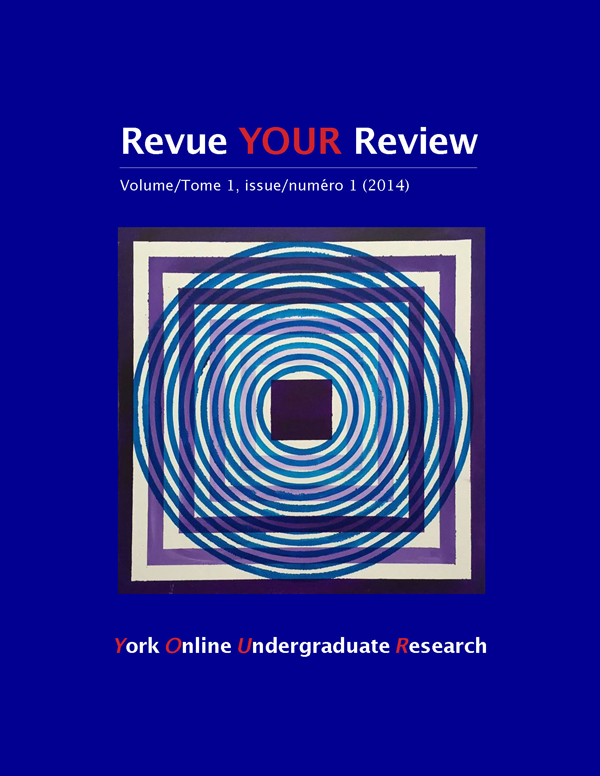Claws of Catharsis: The Food Narrative of Lobster Eating
Abstract
When it comes to eating meat, humans employ many techniques to distance themselves from the animal, or the animal from the meat, in order to mask the reality of eating a once-living being. However, the practice of eating lobster is a special occasion in which many North Americans seem to set aside wilful blindness in order to indulge in their gustatory desires. How do urban meat eaters rationalize eating lobster when the distance that they have created between themselves and the animal, and the animal and the meat, has collapsed? By analyzing the common techniques used to assuage guilty feelings when eating meat and demonstrating how eating lobster, like most cruel foods, intentionally defies those conventions, I explore humans’ need to create a harsh and definite distinction between human and animal. This analysis contributes to the study of animals in human cultures, and how perceptions of the animal both crystallize and confound our understanding of the human. It is through the practice of lobster eating that humans reassert their dominance over animals while simultaneously indulging in animal-like behaviour. The pleasure of lobster eating exists within the contradiction of ignoring, yet acknowledging, not only a lobster’s humanity, but a human’s animalness.How to Cite
Issue
Section
License
Authors contributing to Revue YOUR Review agree to release their articles under one of three Creative Commons licenses: Creative Commons Attribution 4.0 International; Creative Commons Attribution-NonCommercial 4.0 International; or Creative Commons Attribution-NoDerivatives 4.0 International. All editorial content, posters, and abstracts on this site are licensed under Creative Commons Attribution-NoDerivatives 4.0 International. For further information about each license, see:
https://creativecommons.org/licenses/
In all cases, authors retain copyright of their work and grant the e-journal right of first publication. Authors are able to enter into other contractual arrangements for the non-exclusive distribution of the e-journal's published version of the article (e.g., post it to an institutional repository or publish it in a book or in another journal), with an acknowledgement of its initial publication in this e-journal.


